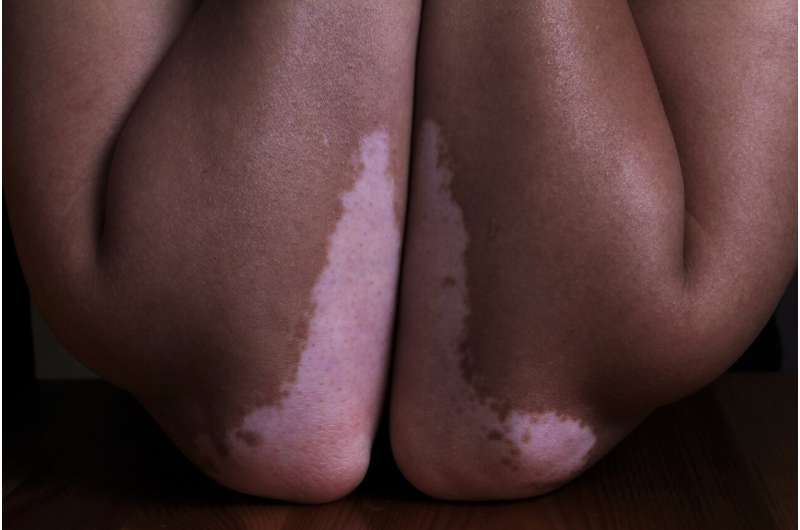Exploring the Therapeutic Potential of Heritage Art Practices in Mental Health Support

Heritage art practices, including traditional indigenous and cultural arts, are shown to boost mood, reduce anxiety, and promote emotional well-being, offering a promising approach for mental health support.
Recent research from Drexel University's College of Nursing and Health Professions emphasizes the significant mental health benefits of incorporating traditional and indigenous art practices into therapeutic settings. Heritage art forms, such as fiber arts, clay work, calligraphy, and natural media art, have been used across generations to serve expressive and psychosocial needs within communities. Their sustained use suggests that they could be effective tools for enhancing emotional well-being.
A study led by Dr. Girija Kaimal investigated how engaging in these heritage arts impacts mental and physical health. Published in The Arts in Psychotherapy, the findings reveal that participating in heritage art forms can improve mood, reduce anxiety, and foster positive feelings. The simplicity of many heritage techniques makes them accessible to individuals without advanced artistic skills, promoting their use as preventive mental health strategies.
The study involved participants from the United States, Japan, and India, who engaged in various practices like body art with henna, cross-stitch, mizuhiki knot-tying, calligraphy, and natural media art such as flower and plant arrangements. Each participant completed questionnaires before and after sessions, which indicated a measurable increase in positive emotions and a decrease in negative feelings following heritage art activities compared to traditional puzzle tasks.
Dr. Kaimal highlights the importance of respecting community guidelines when practicing indigenous arts, considering spiritual and cultural significances. The research underscores the potential of these practices not only as cultural expressions but also as accessible, cost-effective tools for mental health support. Future studies aim to expand on these findings by exploring additional heritage arts globally and developing resources for therapists and psychosocial practitioners.
This growing body of evidence suggests that heritage art practices could be integrated into public health approaches to promote mental health, leveraging traditional creativity for self-regulation and emotional resilience.
source: https://medicalxpress.com/news/2025-05-highlights-health-benefits-heritage-art.html
Stay Updated with Mia's Feed
Get the latest health & wellness insights delivered straight to your inbox.
Related Articles
Study Finds Slight Reduction in Behavioral Issues Among Toddlers During COVID-19 Pandemic
A new study finds that toddlers assessed during the COVID-19 pandemic showed slightly fewer behavioral problems, indicating resilience in early childhood despite societal disruptions.
Depression Risk Elevated in Patients with Vitiligo, Especially Among Black and Hispanic Populations
Research reveals that vitiligo significantly increases depression risk, especially among Black and Hispanic populations, emphasizing the need for integrated dermatologic and mental health care.
Engaging in Cognitive Activities Supports Brain Health in Older Adults
Engaging in mentally stimulating activities like reading, puzzles, and museum visits can help older adults maintain cognitive function and build resilience against age-related decline, regardless of genetic background.
The Risks and Potential of Using ChatGPT as a Mental Health Support Tool
Psychology experts warn about safety and privacy concerns surrounding the use of ChatGPT for mental health, emphasizing its limitations and risks compared to professional care.



